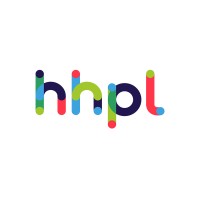
Halton Hills Public Library
Halton Hills, located 45 minutes west of Toronto, is a unique and vibrant community with over 61,000 residents and two library branches in Acton and Georgetown (LEED certified). Halton Hills Public Library (HHPL) has more than 250,000 visitors annually, utilizing its welcoming and inclusive spaces and resources. Recognized for its innovation and progressive approach, over 65,000 people participate in HHPL’s engaging programs each year. HHPL is truly a vibrant and valued community asset. Well-trained library staff go above and beyond to provide a unique user experience to patrons through high-quality services, resources, and programs. HHPL exemplifies small town living at its best, offering our community resources that engage, excite, support literacy and inspire life-long learning. Vision: To enrich the lives of everyone in our community.






